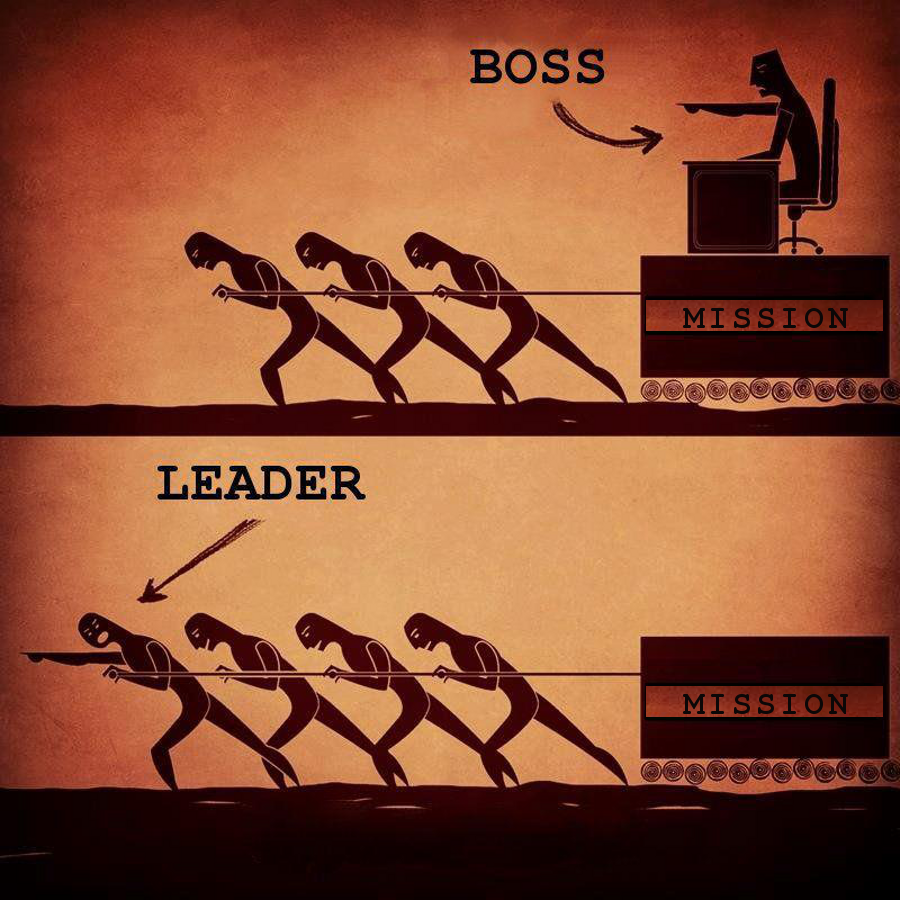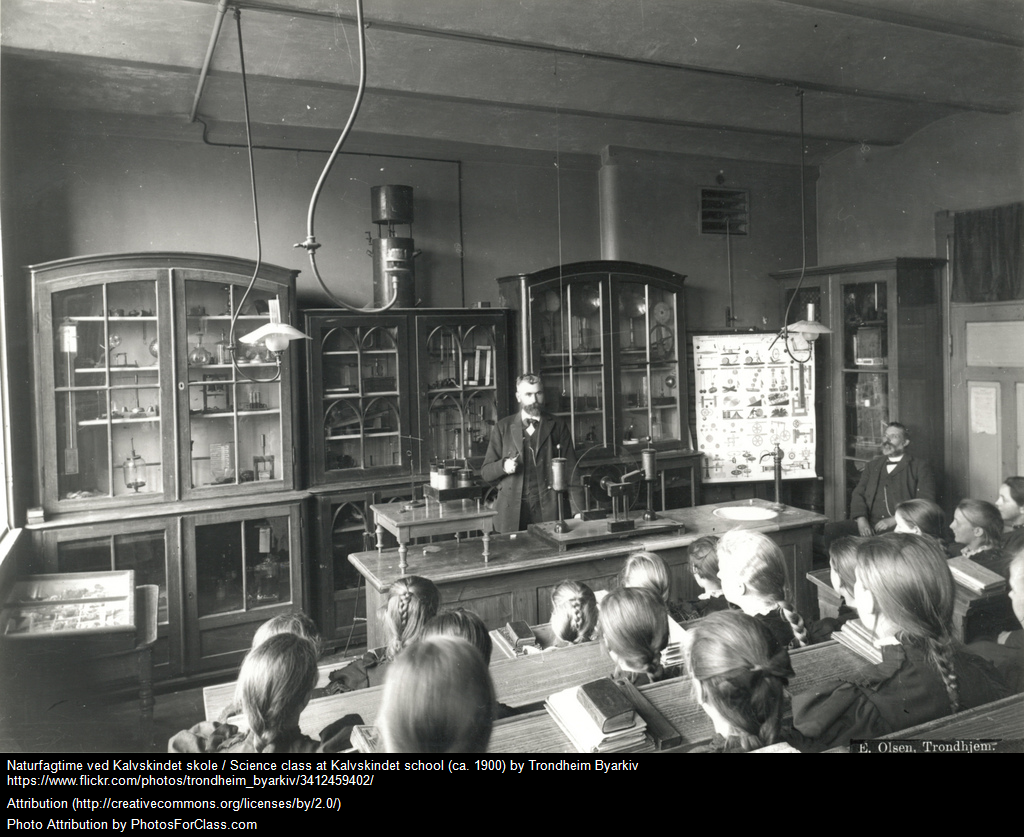 Three Little Lessons Learned – One Year Later
Three Little Lessons Learned – One Year Later
Special series by Neil MacIntosh – You can read his previous posts here, here and here.
After much procrastination, after fixing other things in the house that did not really need to be fixed, like the plumbing and electricity, the final installment. I had wanted to blog a long time about the things that I learned while principal at a school for one year on a leave of absence. In brief, I learned three take-aways, that have unwittingly stayed in my head.
The first is the importance of embracing the “I don’t know.” I really did not know what to do in many cases – in fact I did not know what I did not know. Only by the end of the year did I know what I did not know. A few more years and I would have learned…what to know. Regardless, when asked questions by parents or staff or even students, when asked of subjects I knew not, I eventually saw that it was okay to say “I don’t know” , but that it was also important to get back to the party involved. I kept a notebook of To Do Lists with other random To Do Lists attached. Very often the delay of keeping these lists gave me more time to think and consult on the decisions. I was lucky to have a network of fellow principals who mentored me along, as well as a very supportive and professional school board who were quite straight-shooting and helpful. Of course, sometimes I did actually know what to do.
I knew enough to delegate — as much as possible. The staff members who were entrusted with activities were given the authority (no not the responsibility), within limits of what was to be done. It could have been the graduation ceremony, or determining the year calendar (which we did collectively, so technically not delegation, but trust was involved). The old saying being “I don’t know more than all of you staff together” rang so true. As a 100% principal with 50% teaching duties, my plate was full. Nights were late, doing reports, marking, organizing, the million+1 tasks that motivated staff do. Trying to micromanage another project was beyond my capabilities. So delegation was a necessity. I checked up now and then and asked questions, but that was it. And I thanked them when it was over. I also went to my staff members, (one or two especially) repeatedly, almost to the point of being bothersome, during the classes and afterwards. One of the advantages of a small school is the familiarity and the patience of fellow school council members. To keep abreast of the tasks, at each school governing board meeting, I updated a list of school activities, pedagogical development activities and building improvements. This had the benefit of cutting down discussions and ending meetings earlier.
Finally I listened. Being married 25 years encourages one in that – listening when you want to, and listening when you don’t want to (but need to). Active listening is so important. Putting the pen down, closing the laptop, moving away from the desk, and giving eye-to-eye contact and ear-to-ear 100% listening. A teacher or student or parent needs that – anyone. Taking the emotional load off their shoulder, if only for a few moments, was one benefit. The approaching pat-pat of shoes signalled the end of whatever other work that I was doing. I would swivel away from one desk to a smaller one to greet them. In this case I would listened only to listen, not to butt in and give advice –unless requested. Sometimes I did not know the “answer”. Often that type of listening was enough, especially with staff and students to help get that person through the day or the week. Listening when you don’t want to forces you to look for issues… and sometimes there were inconsistencies, e.g. equitable supervision schedules to be dealt with, or extra help schedules. The next step was to turn words to action – which was hard, but I tried to keep track of that stuff on one of my many To Do Lists.
So, being ok with saying “I don’t know”, delegating whenever possible, and true listening are important to running a school. It was a great experience to try on being a principal for one year. Having a happy school was not my direct goal, but I think it did happen a bit. I hope the staff , students, and parents enjoyed it. These lessons learned have opened my eyes to other opportunities.
And procrastination. Tim Urban, in his TED Talk, expands on the happy desire to be able to say that he has done a TED Talk – in the past tense. The hassle and the anxiety leading up to actually preparing for it and writing his speech, led him to describe his inner demon as the instant gratification monkey (spoiler alert). We do everything in our power not to do the necessary. I have heard that to overcome this, you pick an activity even less likeable to do. I usually wind up with a list of unlikeable tasks piling up….and depressing me. It is the rushing up sounds of a deadline that bring on Urban’s panic monster which scares the monkey away and his inner self into action. I am not sure what mine is. I think my panic monster is a bit slow witted.
The opposite of fear as motivator would be passion – passion to perform or to fulfill an inner desire. In her book, Stand Out: How to Find Your Breakthrough Idea and Build a Following Around It , former journalist and Duke University professor of Business Admin Dorie Clark details how to find your new idea at work, hopefully. That is her Big Idea. Passion is the fuel.
So if your big idea is to improve a school in some aspect, then learn about PLCs, or literacy, for instance and do some hands-on research at school. Getting the idea out requires a network of colleagues. The network should be small at first so that your ideas can be bounced around and adjusted and improved by input from colleagues. In school or out, you can develop a network to help you achieve small successes. Success is what can change the point of view of naysayers. It is not necessary to break out from your school, when you are already in. There is no one idea to fix a school. The multitude of problems need a multitude of approaches from a multitude of in-school leaders.
I have only learned three…so far…. for now.






Thank you, Neil, for your pertinent reflections. I, too, share these thoughts at this time of the school year. Learning to listen even when there is zero time or the opportunity is not quite right, admitting that you do not have all the answers and engaging colleagues to plan, carry out and follow-through on activities.
Actually, your year-end, one-year later reflections help set the orientation for 2016-2017.
Thank you for your contributions to our educational communities.
Please be unlike most high school principals in
(1) bucking the trend and not remain indifferent to the epidemic of grade inflation. See https://uvachemistry.com/2014/12/13/the-causes-and-consequences-of-grade-inflation/
(2) valuing academics more than extracurricular activities
(3) cooling it with elitist overseas trips
(4) not falling for the hype of smartboards, BYOD and other forms of techno-worship
(5) not marketing the school as if it was Coca Cola